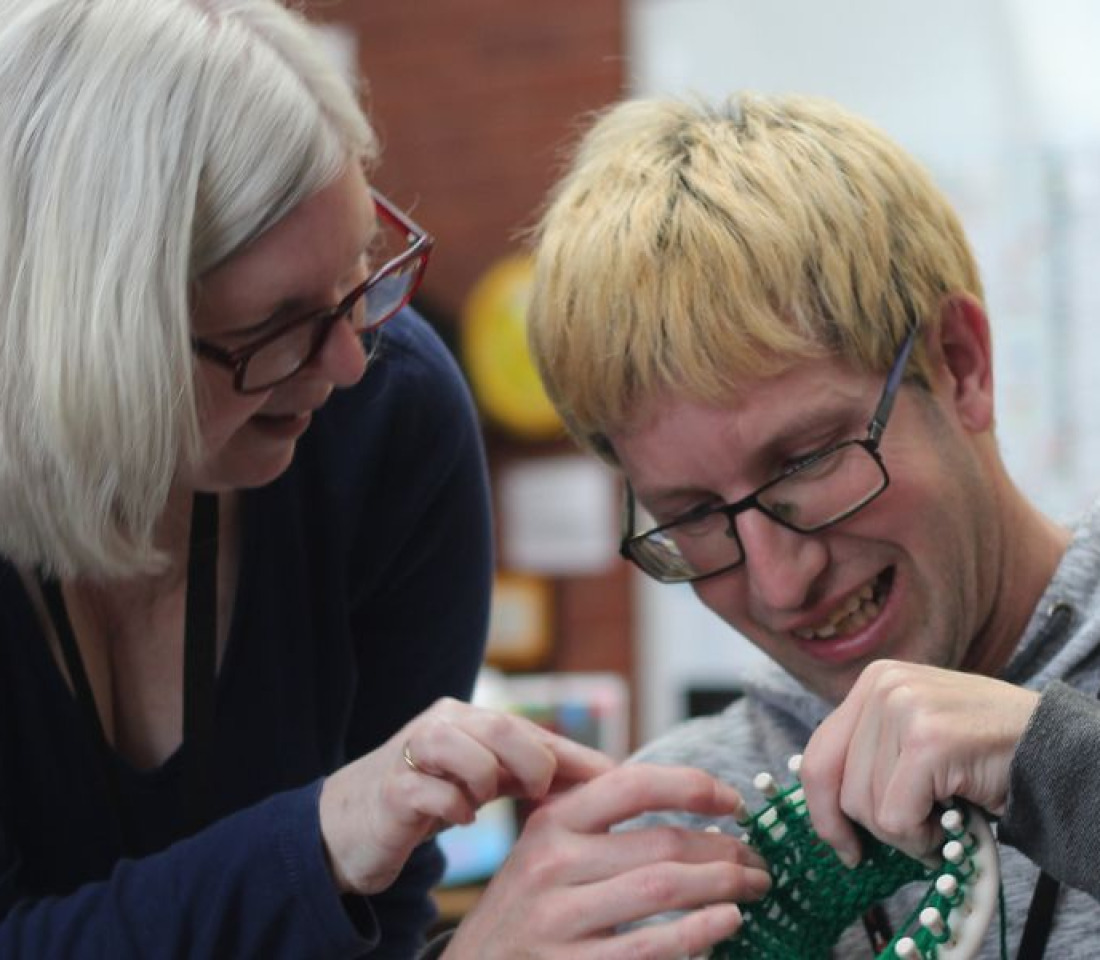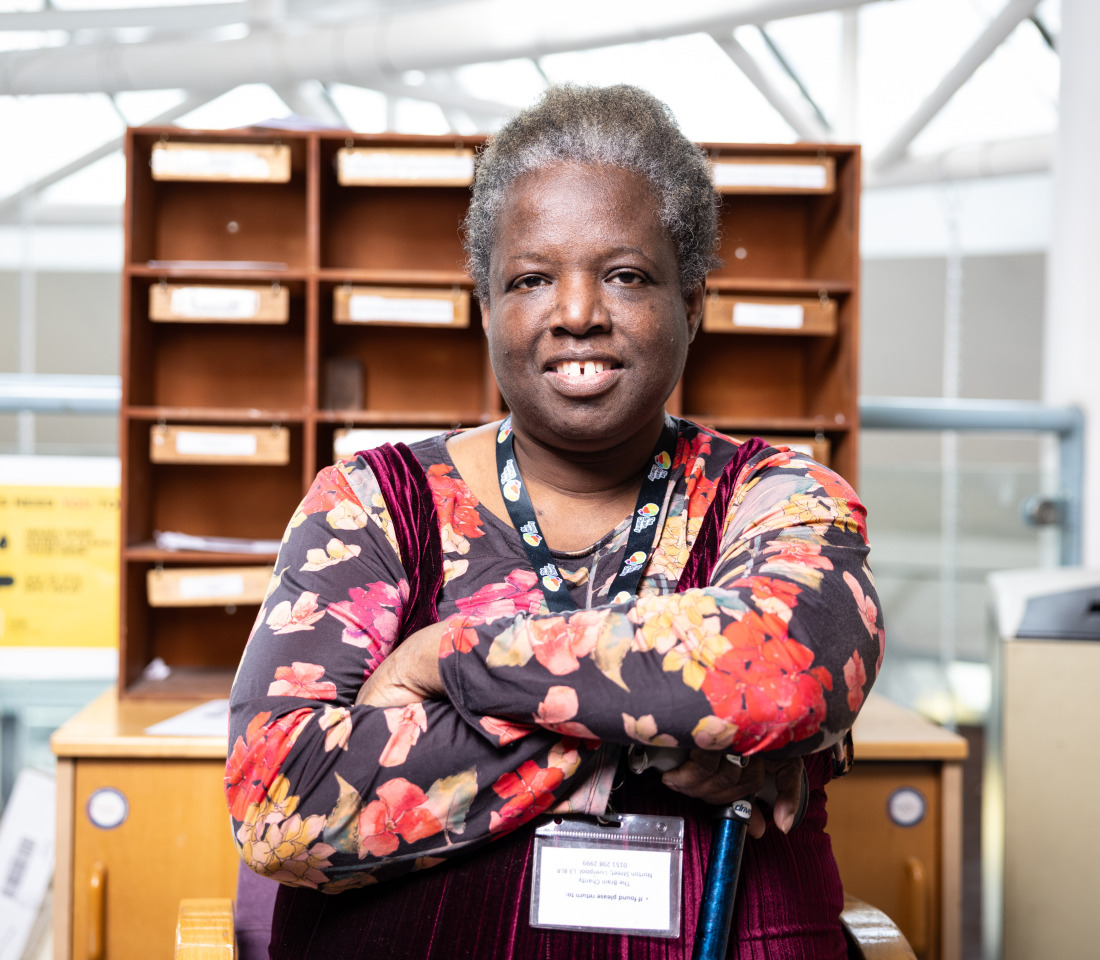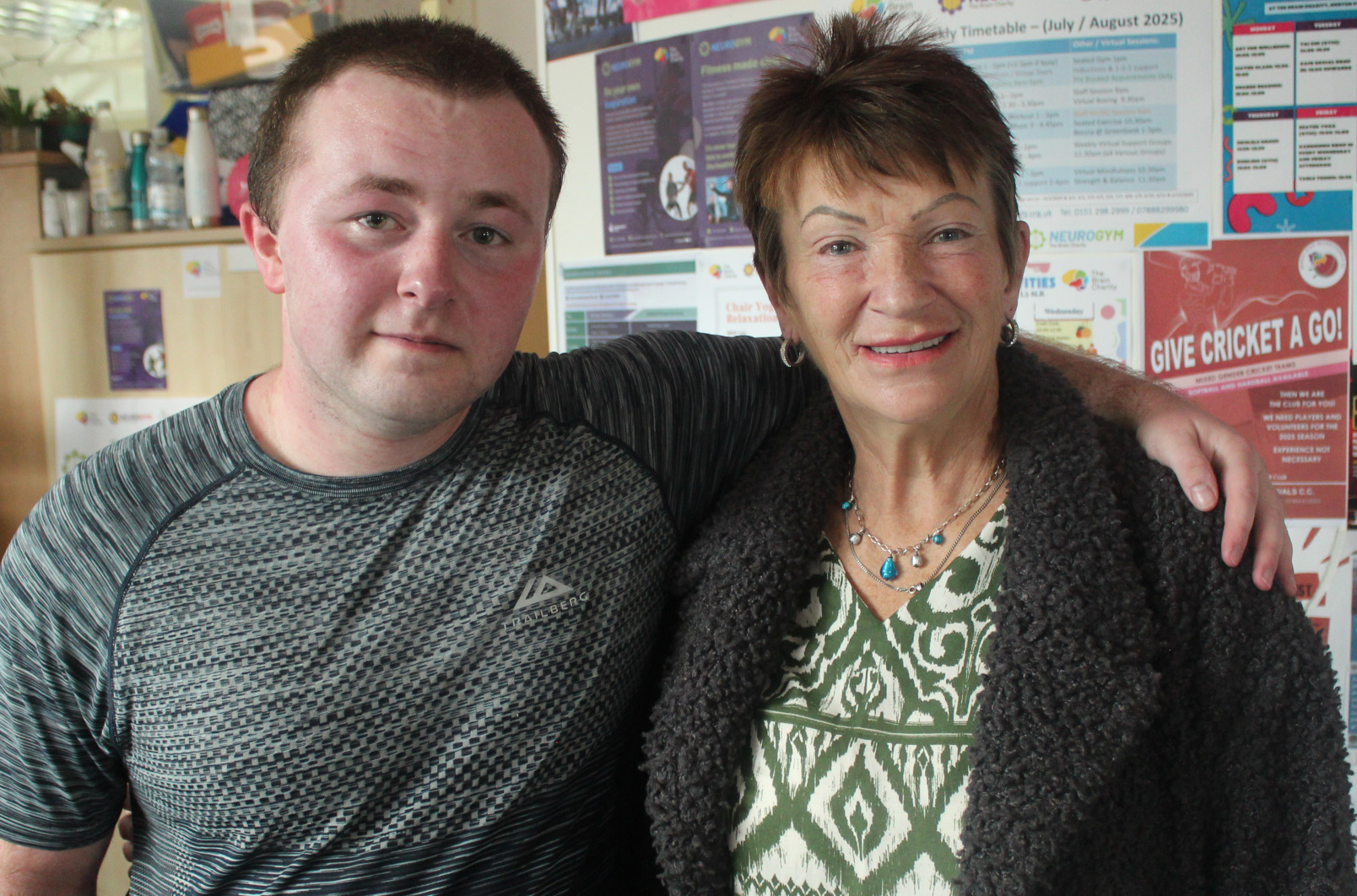
Lee’s story: “I thought I’d never box again – now I can coach others”
Lee, from Liverpool, was a sporty, bright, and safety-conscious young boxer before illness turned his world upside down. A promising athlete and champion boxer, he was thriving at Litherland High School when, just after his 13th birthday, his life changed in a single weekend.
Lee’s Mum said:
“He was just a typical kid. Always polite, always focused. A model student. He loved his sport — boxing, especially. And he was always the one looking out for other people.”
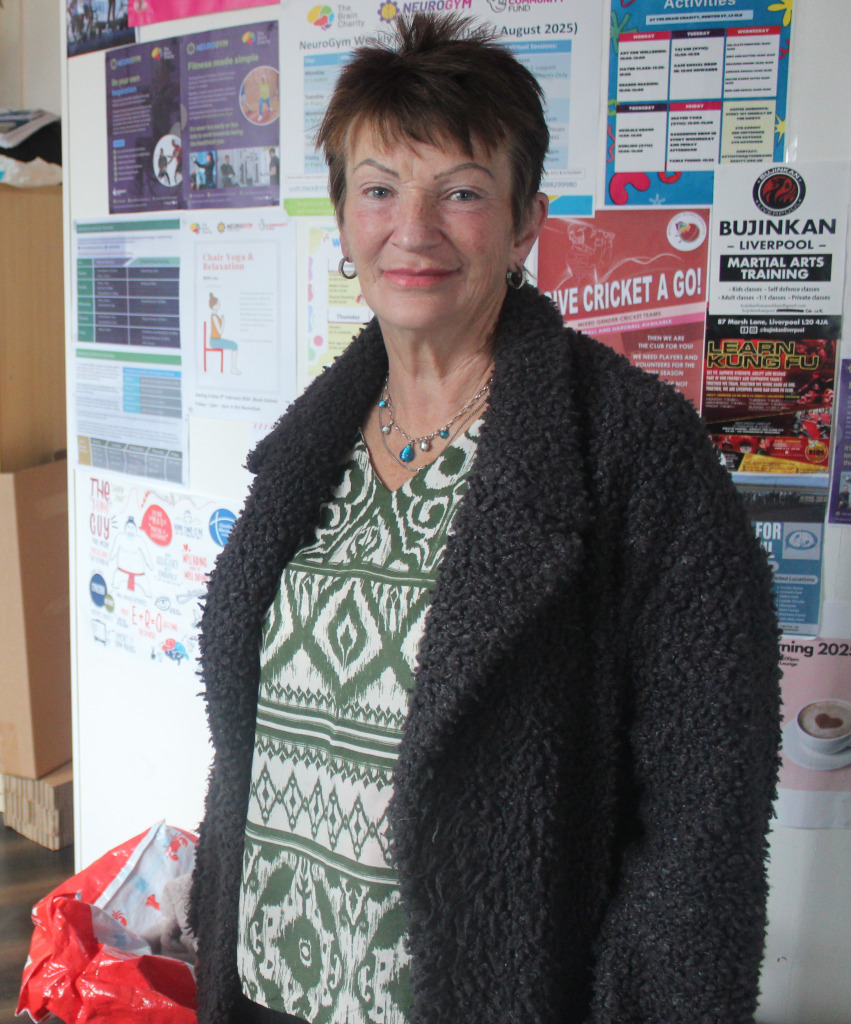
But on what seemed like a normal Friday, Lee, then 13, came home from school with a headache. His Mum, recovering from her own recent brain surgery, gave him some Calpol and sent him off to a friend’s sleepover.
“I didn’t think too much of it at first,” she recalls. “He said he didn’t feel great, but it just seemed like a cold or maybe a virus.”
By Sunday night, Lee’s condition had worsened dramatically. At 9:30 pm, his Mum found him experiencing seizure in bed.
Lee’s Mum recalls:
“He was bouncing all over the mattress. It was terrifying. I rang for an ambulance immediately. His body temperature was over 90 degrees.”
A devastating diagnosis
At the hospital, Lee was admitted for urgent tests, including bloodwork and a lumbar puncture. He was moved to the high-dependency unit, and his family stayed nearby at the Ronald McDonald House.
Eventually, doctors gave them a diagnosis: herpes simplex encephalitis — the same virus that causes cold sores, but in this case, it had travelled to Lee’s brain, causing dangerous swelling.
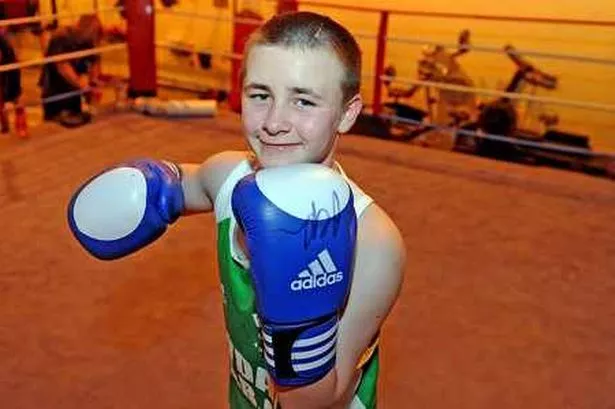
His Mum said:
“I went home for a short while to check on the other kids, and in that time, he deteriorated. I rushed back, and they told me he was dying.”
That’s when doctors proposed an experimental but potentially life-saving surgery, led by neurosurgeon Connor Melouchie. The team removed Lee’s right temporal lobe and left part of his skull unsecured to allow the brain room to swell.
“They said it was a bit like a jigsaw. They didn’t know if he’d ever walk or talk again. But I looked at his hands and feet and saw tiny movements. I held onto that.”
Starting over
After the surgery, Lee was completely unresponsive.
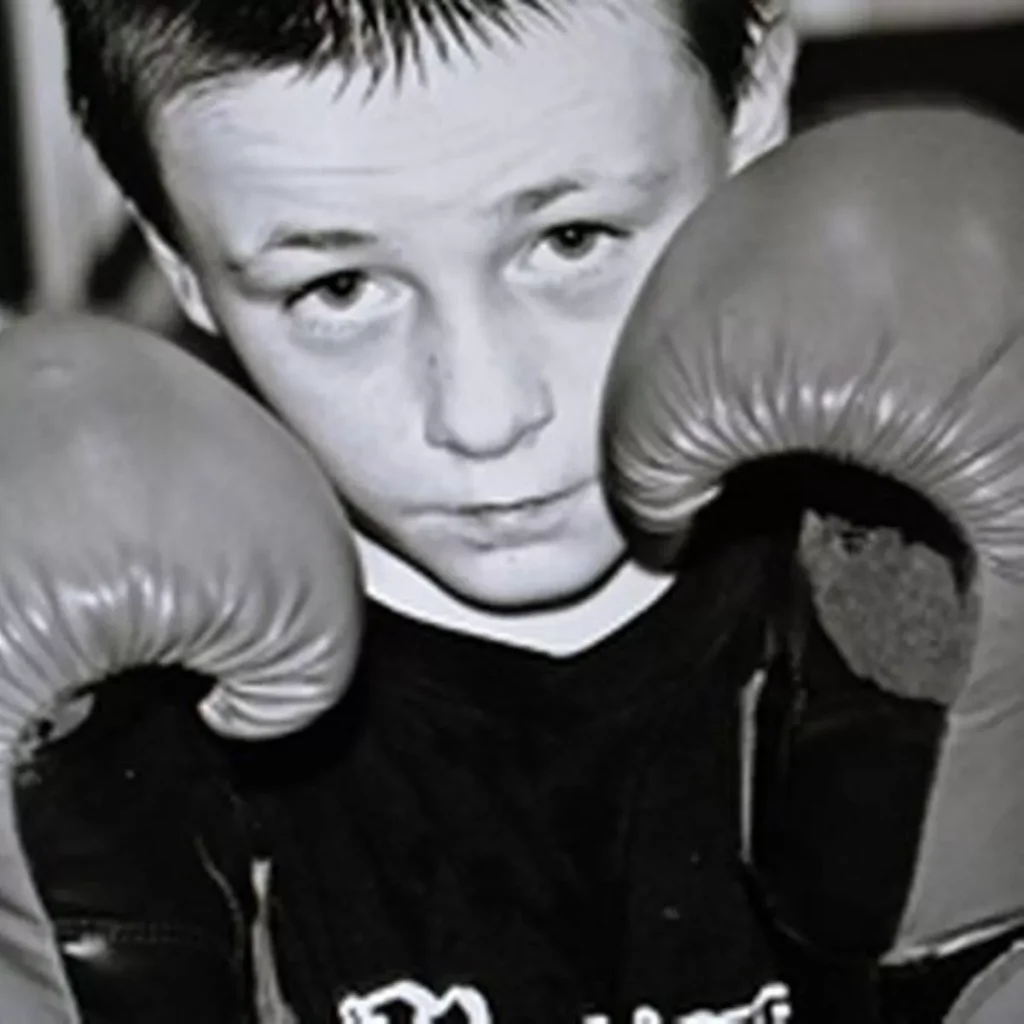
“It was hard to watch. He couldn’t speak. He didn’t know who I was.”
But then, after nearly three weeks, something changed.
“He looked at me and whispered, ‘I’m OK.’ That was the moment. I knew we were getting him back.”
From there, Lee began to rebuild. Within a week, he progressed from using a wheelchair to walking. He returned to learning at Alder Hey School, but much of his educational memory from before the illness was gone.
Lee ‘s Mum said:
“He had to start from scratch. It was like his brain had forgotten everything he’d learned in school. Even his handwriting was a struggle.”
Despite everything, Lee’s passion for fitness and his strong sense of responsibility remained.
New direction, same determination
Lee was determined to go back to his mainstream high school.
His Mum recalled:
“He begged me. He wanted things to feel normal again. But it was too overwhelming. He found the noise and pace really difficult and scary.”
Eventually, Lee transferred to a specialist school in Crosby, and it changed everything.
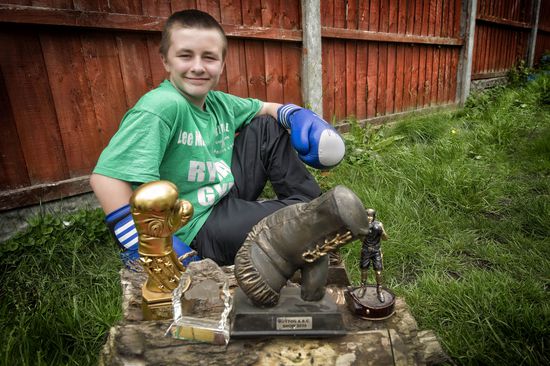
“He absolutely loved it there. He made friends, he felt safe, and he started to thrive again.”
After school, Lee went on to Hugh Baird College, qualifying as a gym instructor. Before falling ill, Lee had been boxing since he was nine.
Lee told us:
“I was the Merseyside and Cheshire champ. I was in the ring all the time — I loved it.”
But after surgery, doctors said boxing was out of the question.
His Mum remembered:
“I had to be the one to tell him. He was so upset. It was heartbreaking.”
Instead, she encouraged him to coach. With the support of his coach Robbie and the gym community, Lee trained and qualified as a boxing coach.
Finding strength through setbacks
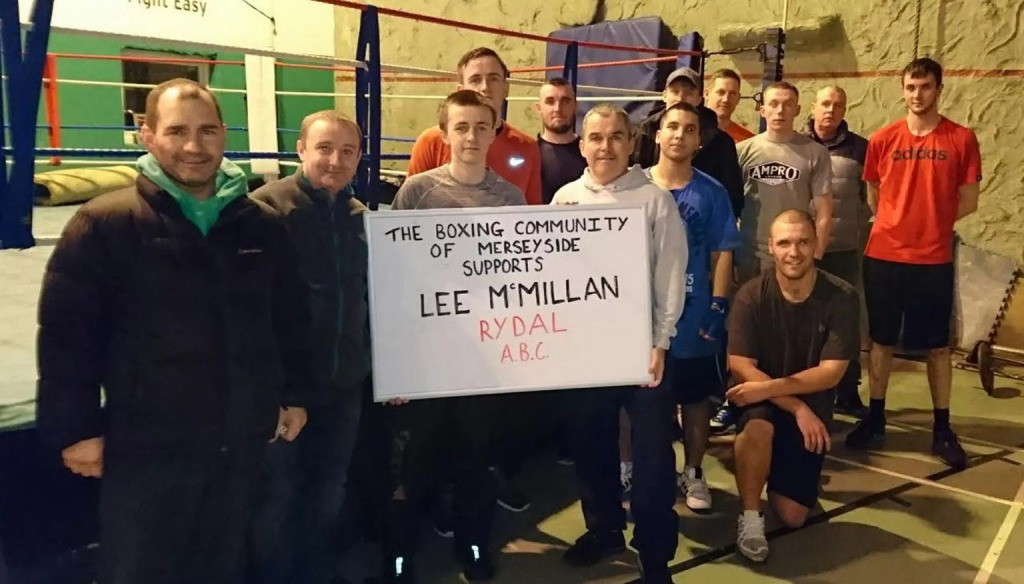
Lee’s recovery journey hasn’t been without more hurdles. At 17, while waiting for a bus with a friend, Lee was assaulted.
His Mum remembered:
“He rang me. He said, ‘Mum, I’m bleeding.’ I didn’t know what to think.”
Lee’s jaw was broken in two places. The attacker — who had 19 previous convictions — was caught quickly but given only a suspended sentence.
“I don’t think he knew how to react to danger like he would if he hadn’t ever needed surgery. He’s vulnerable, and people don’t always understand that.”
He was taken to Aintree Hospital, where, at first, the staff wouldn’t let his Mum stay.
She explained:
“They didn’t understand. I tried to tell them he’s a vulnerable adult. Eventually, they called me back — he was too anxious without me.”
In response, boxing gyms across Merseyside stood in solidarity with Lee to show their support.
A new sense of purpose at The Brain Charity
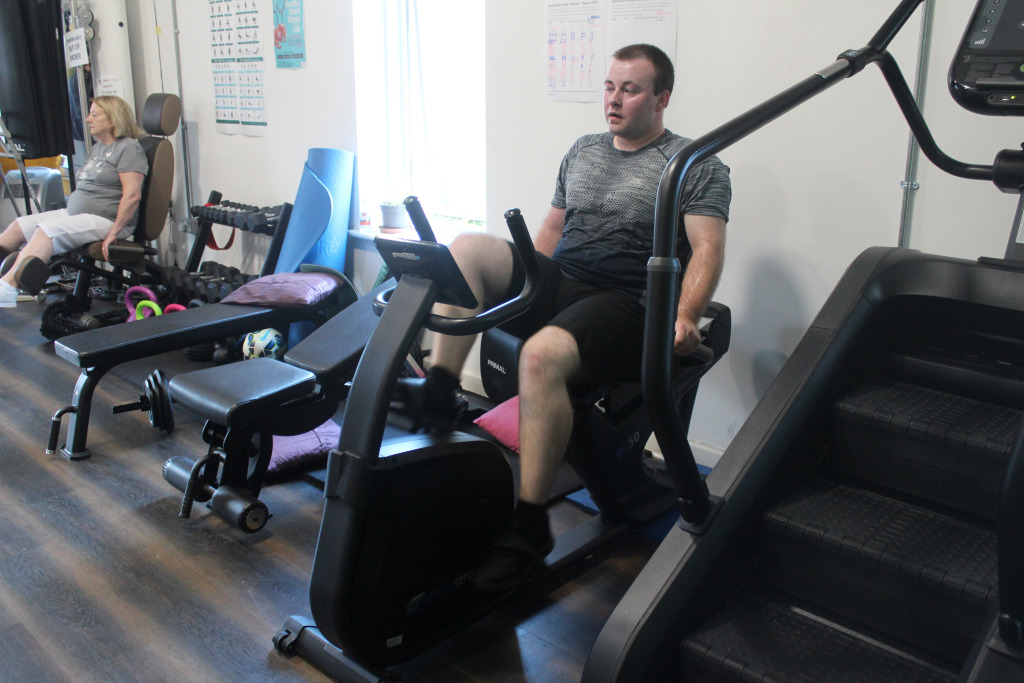
Recently, Lee found The Brain Charity’s Neuro Gym online, and it’s made a big difference.
Lee told us:
“I go twice a week. I work with Scott, and we do cardio and weights. It feels good to move again, and everyone’s so supportive.”
Lee still trains with his original coach and has an ambition to teach non-contact boxercise to other Neuro Gym clients.
“I’d love to teach others at The Brain Charity. Boxing’s always been part of my life. If I can help someone else find strength through it, that means everything.”
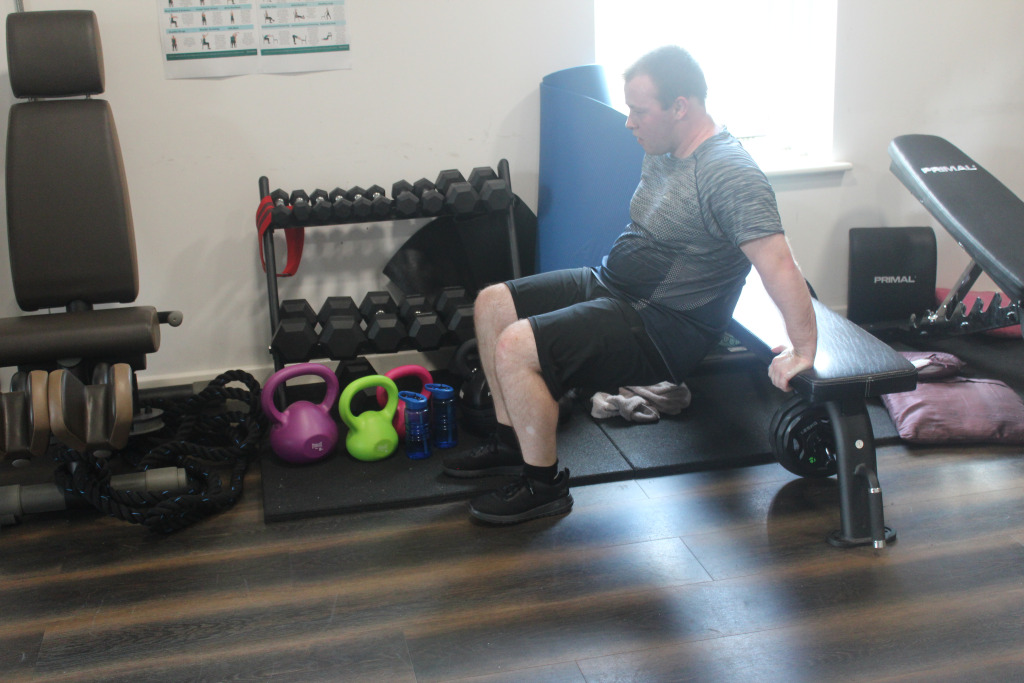
Scott Black, Neuro Gym Supervisor, told us:
“Boxing has always been a huge part of Lee’s identity, and the fact that he’s now able to safely channel that passion into supporting others is incredibly powerful. The non-contact boxercise sessions he’ll be delivering – using pads and bag work – are a great way for our Neuro Gym clients to build confidence, coordination and cardiovascular fitness. This opportunity allows Lee to stay connected to the sport he loves while helping others improve their physical well-being. It’s also about purpose — about reclaiming part of who he is, despite the challenges of his brain injury.”
Living life his way
Today, Lee lives independently in his own home in a private gated community. His Mum lives in the house next door, and he stays on his own three days a week.
His Mum said:
“He’s doing amazingly. We’ve had some dark days, but he never gave up. Not once.”
Lee still faces ongoing challenges, including seizures that mean he can’t currently drive, even though he passed his test. He experiences memory issues and sometimes struggles in busy or unfamiliar environments. But he’s determined not to let any of it stop him.
“I’ve lost a lot, but I’m still me. I’ve still got goals. I want to better myself and help people.”
Category: Neuro Gym
Published: 6 October 2025

